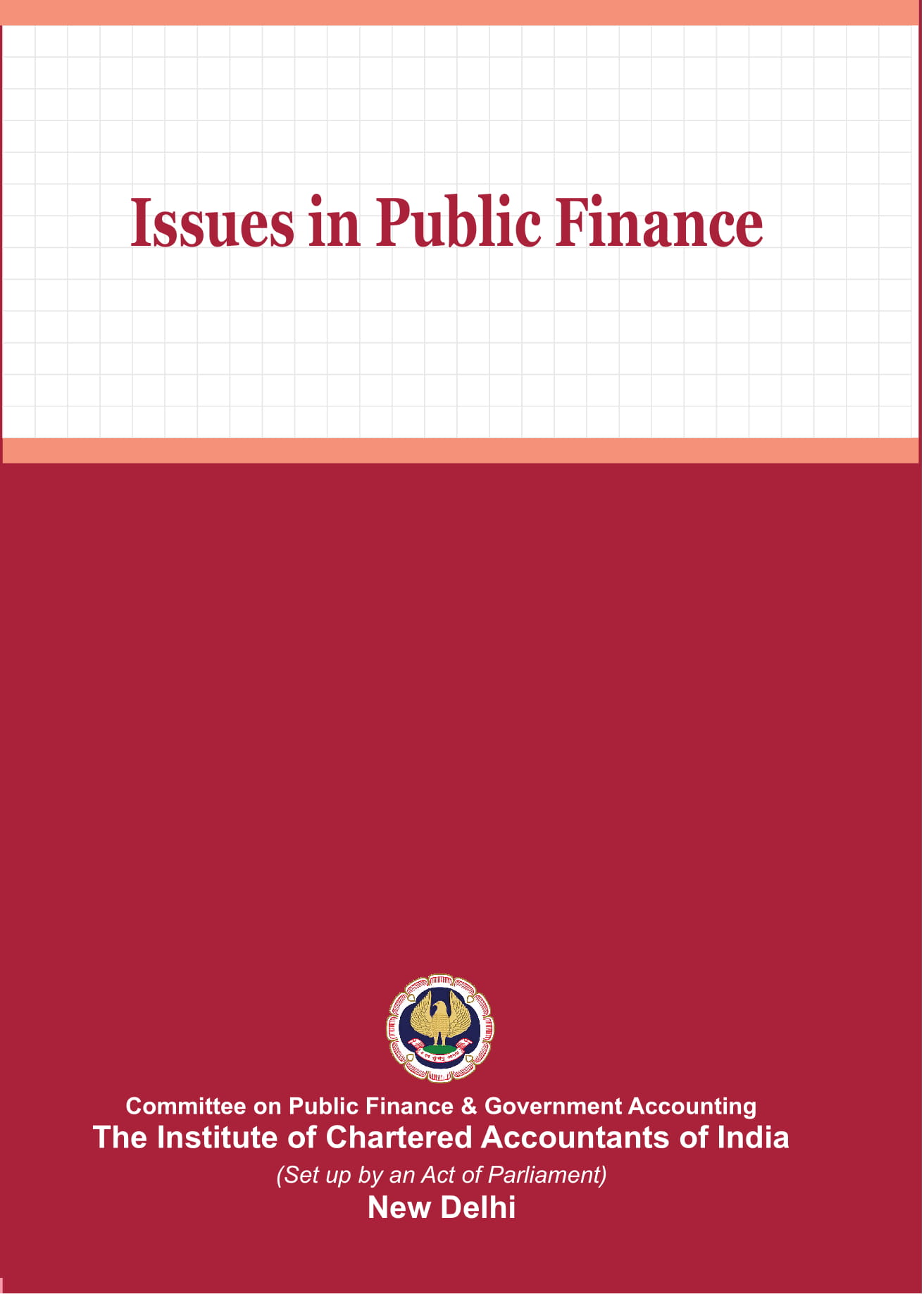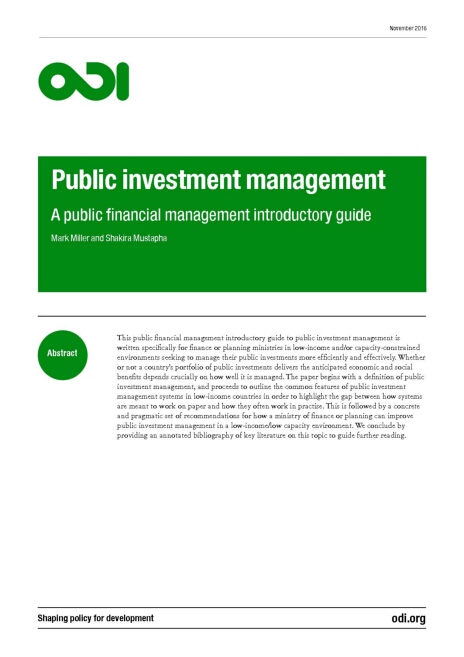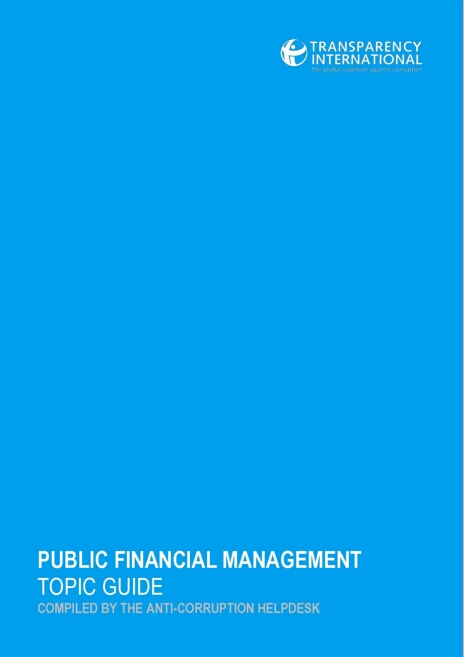Human Capital Economic Growth and Public Expenditure
- Carlos Bethencourt and Fernando Perera-Tallo
- Jan 2020
- Asian Development Bank Institute (ADBI)
- International
To understand the weak empirical relationship between human capital and
macroeconomic performance, this paper presents a model in which human capital is allocated to three activities: production, tax collection (bureaucracy), and public education. The effective tax rate is low in poor countries because tax
collection requires human capital, which is scarce. Throughout the transition,
the effective tax rate rises, which involves a diversion of human capital from
production to bureaucracy and public education. Consequently, human capital
has a weak effect on production, even when human capital is efficiently allocated. Differences in institutional quality may involve a spurious negative correlation between gross domestic product and human capital.








